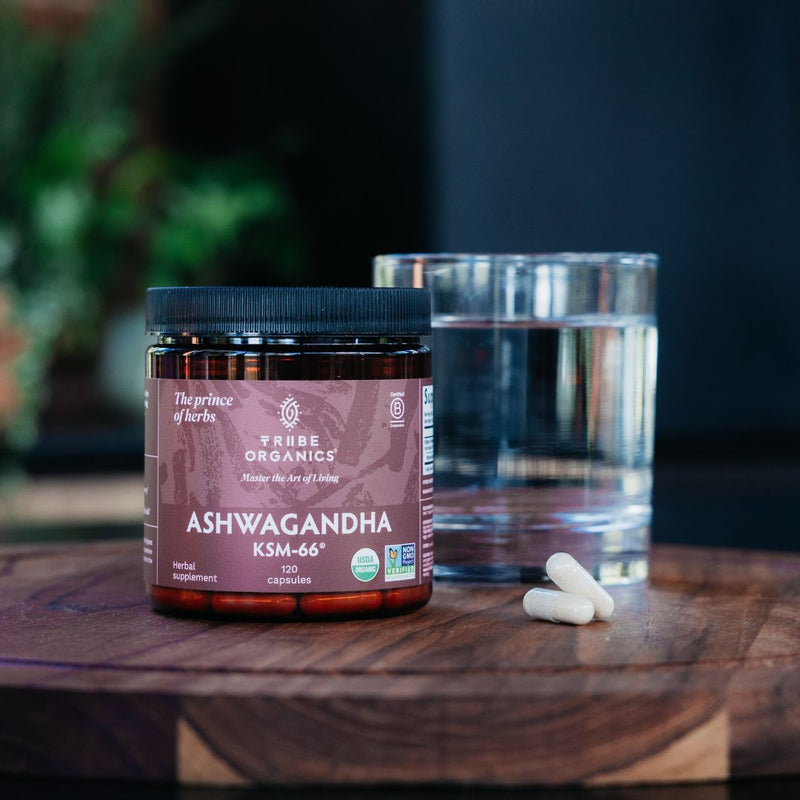Nothing throws off your day more than poor sleep. We’ve all been there at some point whether it is a new baby, construction in the city, anxiety, or plain old insomnia. What you might not know is that there are natural ways to help, and they won’t just knock you out cold.
There are many supplements for anxiety and sleep that work with your body to create a state of natural rest. Over-the-counter sleep medications can get you to sleep, but they also might keep you asleep through anything. In addition, they may interfere with your body’s natural circadian rhythms which can induce a state of unrestful sleep. This result is less than ideal for some, especially those with small children.
If you are looking for a way to naturally drift off into a restful night, consider these seven natural supplements for better sleep.

Melatonin
Melatonin is a popular sleep supplement because it is the same hormone your body uses to fall asleep naturally. Throughout the day, your brain produces melatonin in different amounts to regulate sleep patterns. In general melatonin levels rise naturally at night which allows you to fall asleep faster and stay asleep longer.Magnesium
Magnesium is a substance that is naturally produced in the body and is involved in several body functions. Studies have shown that magnesium may relax the muscles in the body and help regulate melatonin levels to improve sleep quality. Magnesium is often paired with melatonin in insomnia patients to maximize sleep quality. The recommended dosage is 500 mg daily.
Ashwagandha
Ashwagandha or “Indian Ginseng” is a natural supplement with numerous benefits due to the adaptogen qualities of the root. This means that the plant works with your body to naturally induce the production of deficient substances and reduce the overproduction of others.Because of the relaxing effect, people often use Ashwagandha for sleep. In fact, one of the top uses of Ashwagandha is to reduce stress, anxiety, and fatigue. In turn, this leads to overall better sleep.
The recommended dosage is 300 mg twice a day with1 capsule in the morning, which will help you start your day with more energy, and another capsule about 4 hours before going to bed will help you have a good sleep. Keep in mind that Ashwagandha can increase energy as well so it may be difficult to fall asleep if taken too close to bedtime.
Turmeric
You are probably familiar with turmeric as a delicious additive to Moroccan dishes, but did you know you can actually use Turmeric for sleep? In fact, turmeric is added to recipes more often for its health benefits than its flavour. Specifically, turmeric curcumin complex is an adaptogen that provides countless health benefits including sleep!

While most herbal remedies are rooted solely inEastern medical practices, Western medicine also recognized the health benefits of Turmeric. In fact, studies show that it can help fight chronic stress and return the body to homeostasis. The recommended dosage is between 500–2,000 mg of turmeric per day, however, it should only be taken for two to three months at a time with a few days in between cycles to let your body rest. If you are not a fan of capsules, it can be mixed into foods before bed such as GoldenMilk which is an Indian sleep remedy.
Shop best sellers
Explore our collection of favorite items that have gained popularity for their quality and satisfaction.























